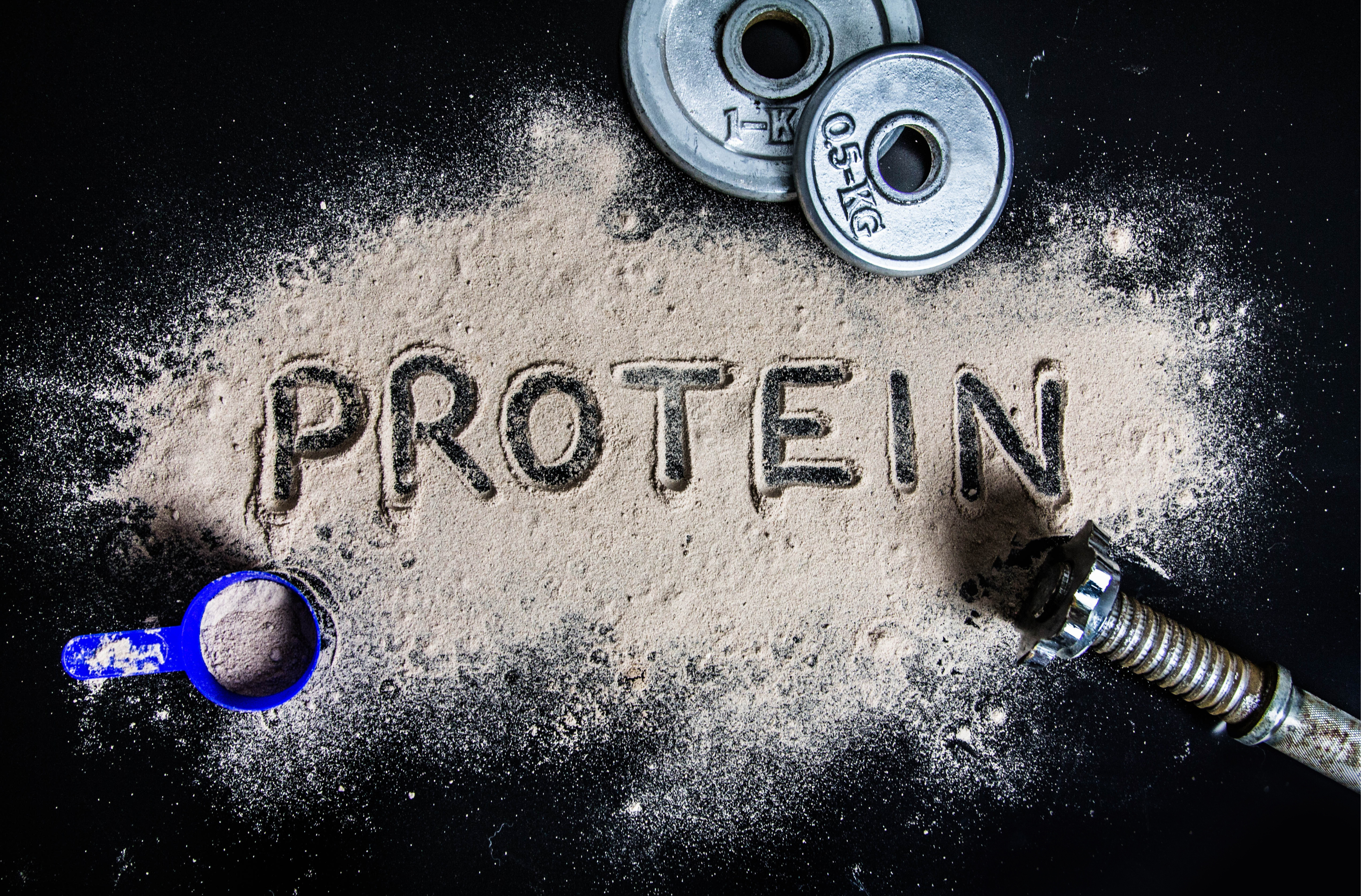There are 20 types of amino acids:
11 that the body can produce, so it’s not necessary to consume them from food.
9 that the body *cannot* produce, so we need to consume them from food!
Proteins make up about 50% of cell weight. That’s a lot!
Protein functions:
– Muscle building: Muscles are composed of proteins, specifically actin and myosin.
– Hormones: Our hormones are made of proteins, contributing to the body’s hormonal system and fertility.
– Organ construction: Proteins form various organs like hair, nails, tendons, glands, bones, and more.
– Enzymes: Body enzymes are proteins, speeding up chemical processes—life wouldn’t exist without them.
– Blood transport: Proteins transport various substances in the blood, for example, “albumin” is a protein.
– Immune system: Antibodies are proteins, so the immune system relies on proteins.
– Feeling of fullness: Protein increases the feeling of fullness, reducing the need to eat.
Protein is a macronutrient, providing calories essential for our survival.
Protein has an impact on muscle tissue preservation, especially during weight loss, where consuming enough protein helps maintain muscle mass with minimal impact on fat tissue.
Protein and muscle building:
During physical exertion, the body uses protein found in muscles. This creates a cycle of muscle fiber breakdown during exertion, and the muscle rebuilds itself during rest and with the consumption of protein from food. A crucial component of this process is amino acids, the building blocks of protein.
High-quality proteins, containing all the necessary amino acids, can be found in foods like dairy and eggs. Soy is also a good source of essential amino acids with high biological value.
Now, let’s get practical. Here are some tools for application:
– The daily recommendation stands at a minimum of 0.8 grams of protein per kilogram of body weight. However, for those who exercise, the recommendation is higher, ranging from 1.2 to 2 grams of protein per kilogram of body weight per day.
For example, a 60 kg woman who exercises should consume around 110 grams of protein per day.
A practical tip: Include amino acid-rich meals, especially leucine, which is concentrated in animal protein, in every meal for optimal muscle building and recovery.
Here’s where you can find 25 grams of protein in various foods:
– 250g cottage cheese
– 160g tofu
– 400g quinoa
– 100g chicken breast
– 90g salmon
– 3 large eggs
– 300g ricotta cheese
– Protein powder
– 100g canned tuna
– 2-3 meat patties
And where to find leucine, an essential amino acid:
– 1 tablespoon of whey protein powder
– 200g chicken breast
– 200g ricotta cheese
– 100g tofu
– 300g eggs (4 eggs)
– 150g white fish
– 250g cottage cheese
– 800g edamame
– 200g whole sesame paste
Protein is essential for our well-being. Pay attention to your daily protein intake. If needed, you can use protein powder as a supplement. A healthy lifestyle begins with knowledge—now you know and understand the importance of protein. Try implementing it in your life!


